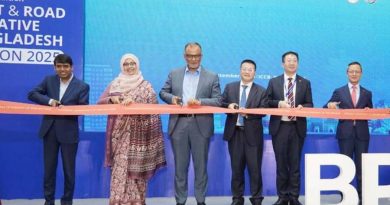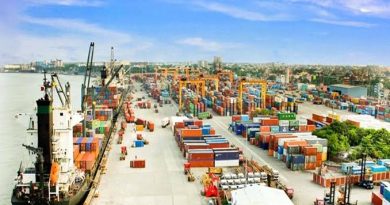Bangladesh Petroleum Corporation (BPC) has been posting consistent monthly profits since the government introduced an automatic fuel pricing formula in March 2024, ending decades of politically influenced price-setting.
BPC Chairman Md Amin Ul Ahsan said the corporation has been profitable every month under the new system, with margins of up to 10 per cent on petrol and octane sales and about 2 per cent on diesel. “We are making profit as petroleum products are being sold at higher rates than the cost prices,” he said.
According to the Ministry of Finance, BPC recorded profits of Tk 20.5 billion in FY2024-25 and has continued to make gains in the first two and a half months of the current fiscal year, though no figures were disclosed.
Fuel prices were last revised in July and held steady in August—Tk 102 per litre for diesel, Tk 114 for kerosene, Tk 118 for petrol and Tk 122 for octane. Officials said the decision aimed to ensure affordability and stable supply.
The automatic formula, developed in line with IMF recommendations, factors in international oil prices, taxes, duties, operating expenses and distributor margins. It also mandates that petrol and octane remain at least Tk 10 higher than diesel, classifying them as luxury fuels.
BPC has also raised kerosene prices above diesel to discourage adulteration, which the chairman said has now stopped. Currently, kerosene is priced nearly 12 per cent higher than diesel.
Bangladesh imports around 300,000 tonnes of octane annually, while domestic petrol demand is largely met through Eastern Refinery Ltd and condensate plants.
Analysts say the new pricing mechanism not only stabilises BPC’s finances but also reduces subsidy burdens on the government, a key condition under the $4.7 billion IMF loan programme.






